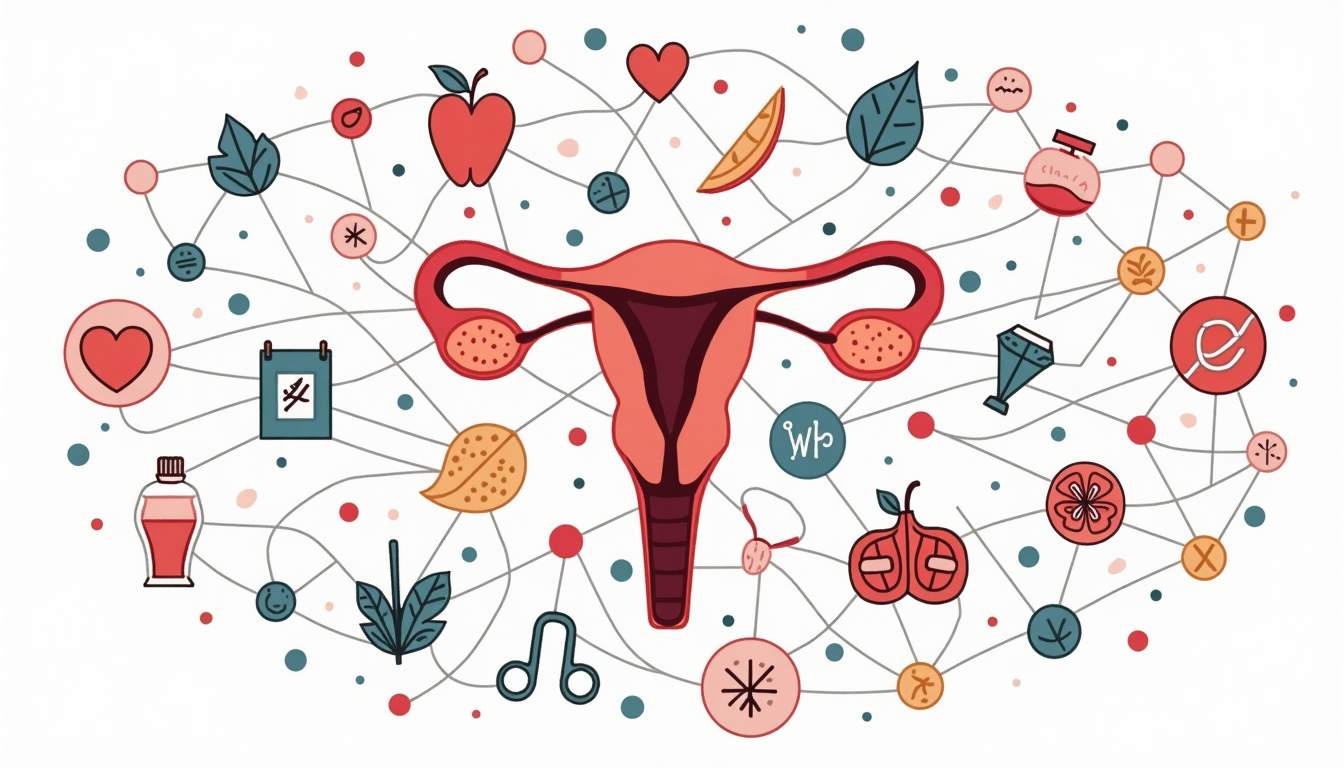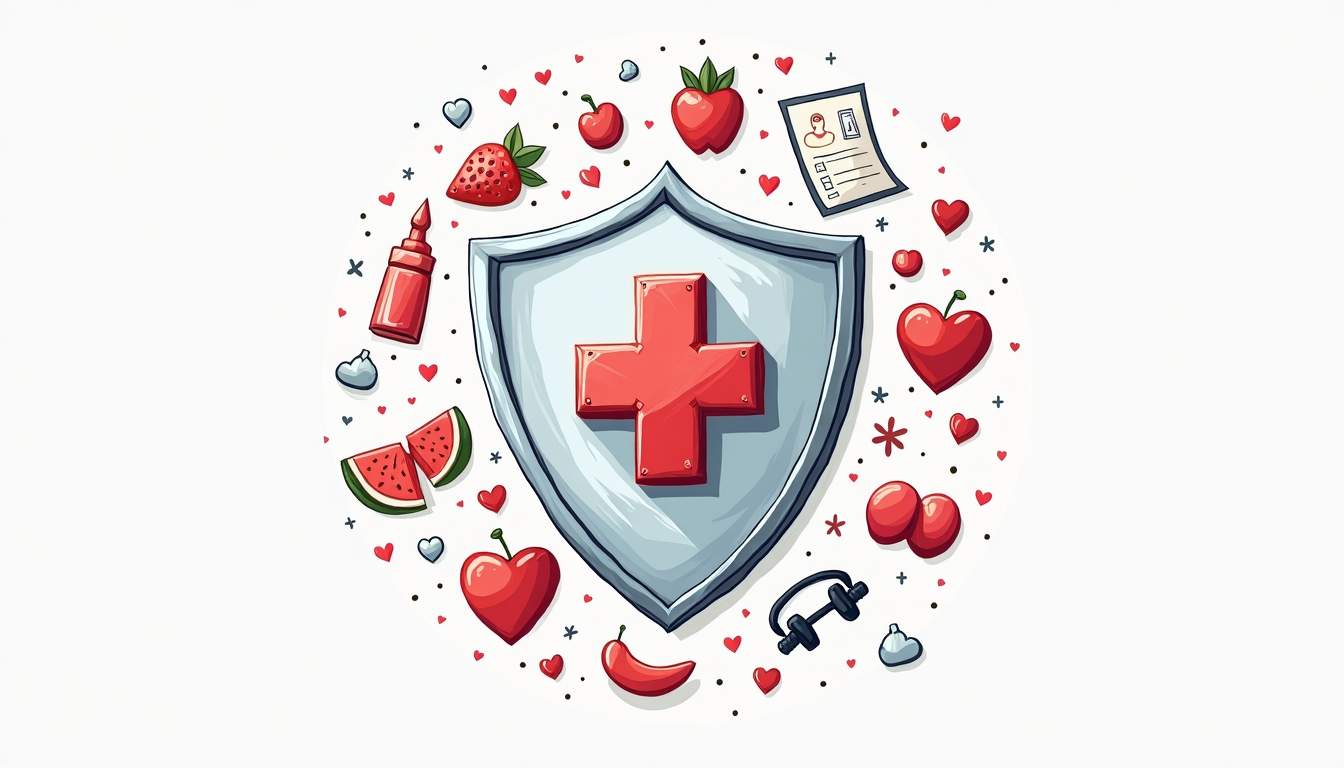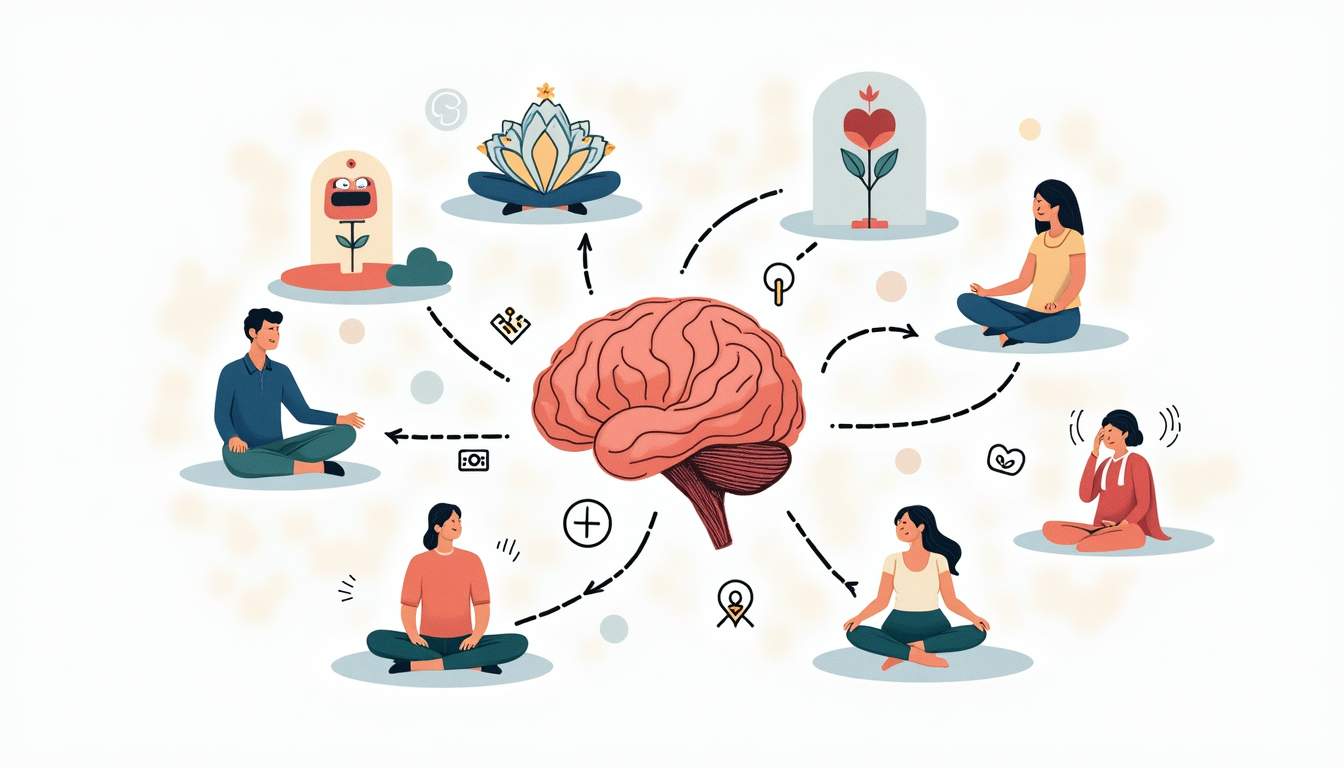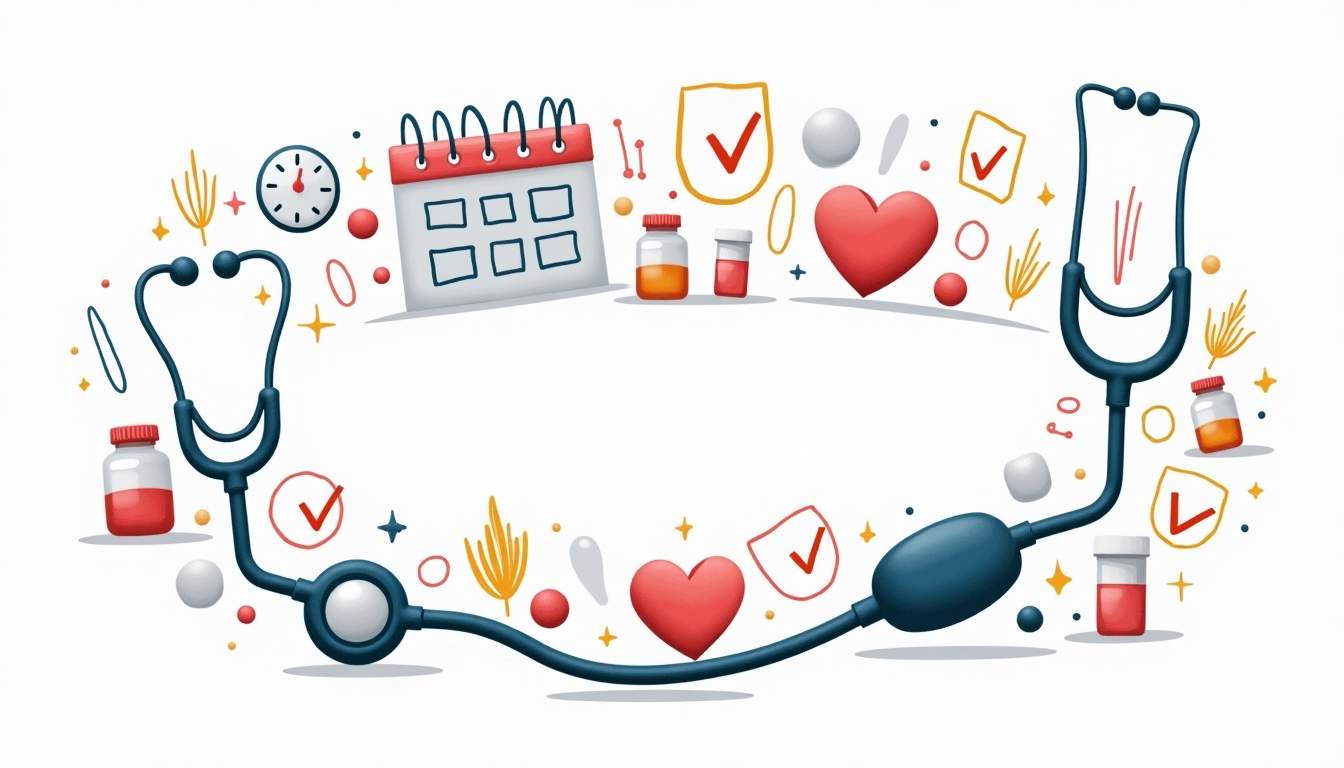
Men’s health encompasses a wide array of physical, mental, and emotional aspects that contribute to overall well-being. Taking a holistic approach means addressing not only specific medical concerns like prostate health and sexually transmitted disease (STD) prevention but also lifestyle habits, nutrition, mental health, and preventive care. This comprehensive perspective is essential for men to maintain vitality, reduce risks of chronic diseases, and enjoy a fulfilling life at every age.
Understanding Prostate Health: More Than Just a Gland
The prostate gland, a small organ located below the bladder and surrounding the urethra, plays a crucial role in male reproductive health. It produces seminal fluid, which nourishes and transports sperm. However, as men age, the prostate can become a source of health issues ranging from benign enlargement to prostate cancer.
Prostate problems are common, especially after age 50. Benign prostatic hyperplasia (BPH) affects many men and can cause urinary difficulties, while prostatitis involves inflammation that may result in pain and discomfort. Prostate cancer remains one of the most diagnosed cancers in men worldwide, making awareness and early detection vital.
Signs and Symptoms to Watch For
Recognizing early symptoms can lead to timely medical intervention. Common signs include frequent urination, difficulty starting or stopping urination, weak urine flow, pain during urination or ejaculation, and blood in urine or semen. However, some men may experience no symptoms, underscoring the importance of regular check-ups.
It is essential for men to be proactive about their health, as many of these symptoms can be mistaken for normal aging processes. Regular screenings, including prostate-specific antigen (PSA) tests and digital rectal exams (DRE), can help detect abnormalities before they develop into more serious conditions. Additionally, understanding family medical history can provide insight into personal risk factors, as genetics can play a significant role in prostate health.
Diet and Lifestyle for Prostate Support
Nutrition plays a pivotal role in maintaining prostate health. Diets rich in fruits, vegetables, whole grains, and healthy fats can reduce inflammation and support immune function. Foods high in antioxidants, such as tomatoes (rich in lycopene), broccoli, and green tea, have been linked to lower prostate cancer risk.
Maintaining a healthy weight, engaging in regular physical activity, and avoiding excessive alcohol and smoking also contribute to prostate well-being. Some men explore supplements like saw palmetto or beta-sitosterol, but it’s essential to consult Caringbah Doctors and Dentists or other healthcare providers before starting any regimen. Furthermore, hydration is often overlooked; drinking plenty of water can help flush out toxins and support urinary function, which is particularly important for those experiencing urinary symptoms. Incorporating a variety of nutrient-dense foods and staying active can create a holistic approach to not only prostate health but overall well-being.
Preventing Sexually Transmitted Diseases: A Vital Component of Men’s Health
Sexual health is an integral part of overall wellness, and preventing STDs is crucial for men of all ages. STDs can have serious consequences if left untreated, including infertility, chronic pain, and increased risk of certain cancers. Moreover, some infections can be transmitted to partners, emphasizing the importance of responsible sexual behavior.

Common STDs Affecting Men
Men can contract various STDs, including chlamydia, gonorrhea, syphilis, human papillomavirus (HPV), herpes simplex virus (HSV), and human immunodeficiency virus (HIV). Each infection has unique symptoms and treatment protocols, but many share common signs such as unusual discharge, sores, itching, or burning sensations. Early detection is key, as many of these infections can be asymptomatic, meaning individuals may unknowingly transmit them to their partners.
For instance, HPV is particularly concerning as it is one of the most common STDs and can lead to serious health issues, including genital warts and various cancers. Men may not always recognize the signs of HPV, which can lead to a lack of awareness regarding their own health status and the potential risks to their partners. Regular check-ups and discussions with healthcare providers can help mitigate these risks.
Strategies for STD Prevention
Consistent and correct use of condoms remains one of the most effective methods to reduce the risk of many STDs. Regular testing, especially for sexually active men with multiple partners, helps detect infections early and prevents further spread. It's important to note that while condoms significantly reduce the risk of transmission, they do not eliminate it entirely, particularly for infections spread through skin-to-skin contact, such as HSV and HPV.
Vaccinations are available for certain infections, such as HPV and hepatitis B, offering additional protection. Open communication with sexual partners about health status and sexual history fosters trust and safer practices. Engaging in mutual monogamy or reducing the number of sexual partners can also lower the risk of exposure to STDs. Furthermore, understanding the importance of personal hygiene and safe sexual practices can empower men to make informed choices that protect both their health and that of their partners.
The Role of Education and Awareness
Educating men about sexual health, safe sex practices, and the importance of regular medical screenings empowers them to take control of their health. Many men avoid discussing sexual issues due to stigma or embarrassment, but breaking these barriers is essential for prevention and treatment. Community outreach programs and workshops can play a crucial role in disseminating information and encouraging open dialogue about sexual health.
Moreover, the advent of digital health resources has made it easier for men to access information about STDs and prevention strategies. Online platforms and apps can provide anonymous testing options, educational materials, and reminders for regular check-ups. By leveraging technology, men can gain a better understanding of their sexual health, leading to more proactive behaviors and ultimately reducing the prevalence of STDs in the community. Engaging with healthcare professionals who specialize in sexual health can also provide valuable insights and personalized advice tailored to individual circumstances.
Mental Health and Emotional Well-being: The Overlooked Pillars
Men’s health is often narrowly associated with physical conditions, but mental and emotional health are equally important. Stress, anxiety, depression, and other psychological challenges can impact physical health, relationships, and quality of life.

Societal expectations sometimes discourage men from expressing vulnerability or seeking help, leading to untreated mental health issues. Encouraging open dialogue and access to mental health resources is a critical aspect of holistic care.
Stress Management Techniques
Incorporating stress-reduction practices such as mindfulness meditation, yoga, regular exercise, and adequate sleep can significantly improve mental well-being. Building strong social connections and pursuing hobbies also provide emotional support and fulfillment.
When to Seek Professional Help
Recognizing when professional intervention is needed is vital. Persistent feelings of sadness, hopelessness, irritability, or withdrawal from social activities may signal depression or other mental health disorders. Therapy, counseling, and sometimes medication can offer relief and restore balance.
Fitness and Nutrition: Foundations of Holistic Men’s Health
Physical activity and balanced nutrition form the cornerstone of a healthy lifestyle. Regular exercise supports cardiovascular health, muscle strength, bone density, and weight management, all of which contribute to reducing the risk of chronic diseases.
Exercise Recommendations for Men
The Centers for Disease Control and Prevention (CDC) recommends at least 150 minutes of moderate-intensity aerobic activity or 75 minutes of vigorous activity weekly, combined with muscle-strengthening exercises on two or more days. Activities can range from walking, cycling, and swimming to weightlifting and sports.
Nutrition Tips for Optimal Health
A diet rich in lean proteins, whole grains, fruits, vegetables, and healthy fats supports energy levels and organ function. Limiting processed foods, excessive sugar, and saturated fats helps prevent obesity, diabetes, and heart disease.
Hydration is equally important; men should aim to drink adequate water daily, adjusting for activity level and climate. Consulting with a registered dietitian can provide personalized guidance tailored to individual needs and goals.
Regular Screenings and Preventive Care: Staying Ahead of Health Issues
Proactive healthcare through regular screenings and preventive measures is essential in detecting potential health problems early when treatment is most effective. Men should establish a relationship with a primary care provider to monitor their health over time.

Key Health Screenings for Men
Screenings vary by age and risk factors but commonly include blood pressure checks, cholesterol tests, blood sugar monitoring, and cancer screenings such as prostate-specific antigen (PSA) tests and colonoscopies. Immunizations should be kept up to date, including flu shots and vaccines for pneumonia and shingles as recommended.
Building a Personalized Health Plan
Men should discuss their family history, lifestyle, and any symptoms with healthcare professionals to develop a tailored plan. This approach ensures that screenings and interventions are appropriate and timely, maximizing health outcomes.
Integrating Holistic Practices into Daily Life
Adopting a holistic approach means weaving health-conscious habits into everyday routines. Small, consistent changes can lead to significant improvements over time.
Mind-Body Connection
Practices such as tai chi, qigong, or guided imagery can enhance the mind-body connection, promoting relaxation and physical health. These techniques may complement conventional medical treatments and support recovery.
Sleep Hygiene
Quality sleep is fundamental for repair, cognitive function, and emotional balance. Establishing a regular sleep schedule, creating a restful environment, and limiting screen time before bed contribute to better sleep hygiene.
Community and Support Networks
Engaging with community groups, men's health organizations, or support networks provides social interaction and shared learning opportunities. These connections can motivate healthier choices and provide encouragement during challenges.
Conclusion
Holistic men’s health is about more than treating isolated symptoms; it involves nurturing the whole person—body, mind, and spirit. From maintaining prostate health and preventing STDs to fostering mental well-being and adopting healthy lifestyle habits, every element plays a vital role.
By prioritizing regular medical care, informed lifestyle choices, and open communication, men can empower themselves to live longer, healthier, and more satisfying lives. Embracing this comprehensive vision not only benefits individual men but also strengthens families and communities.